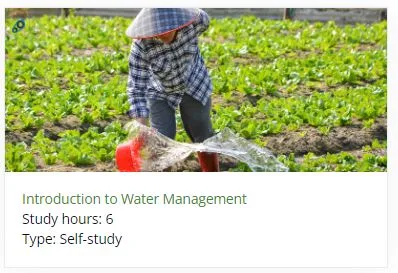 |
| NAST Call for Proposals |
About the Call for Proposals
On September 1, 2024 (16th of Ashwin, 2081), NAST’s Technology Faculty issued a call for proposals from talented Nepali citizens to collaborate on the development of cutting-edge technologies. Interested individuals have 35 days from the date of publication to submit their project proposals to NAST's central office in Khumaltar, Lalitpur, or via email at technologyfaculty.nast@gmail.com.
Key Areas of Focus
Proposals should address challenges within the following primary sectors:
1. Agricultural and Food Technology
- Affordable and Efficient Trenching Machines: Development of low-cost and easy-to-use machines for trenching in hilly and narrow terrain where tractors face difficulties.
- Rodent Control Technology: Design of machines that can effectively eliminate large numbers of rodents without using pesticides, protecting crops from damage.
- Low-Cost Cooling Centers: Creation of affordable cooling technology to preserve perishable vegetable produce for several days.
- Aeration and Cooling Systems for Fish Ponds: Development of cost-effective aeration and water cooling systems for use in fish ponds during hot weather.
2. Environment and Climate Change
- Energy-Efficient Cooling Machines: Innovation of low-cost and low-energy-consuming cooling or air conditioning systems for residents in hot climates.
3. Utilization of Natural Resources
- Automated Irrigation Systems: Development of automated irrigation systems using sensors and data analytics to optimize water usage in agriculture.
- Real-Time Water Quality Monitoring: Creation of low-cost sensors for monitoring the quality of water in rivers and lakes to manage pollution and protect the environment.
4. Disaster Management
- Forest Fire Prediction System: Development of systems that utilize wireless sensors and machine learning for predicting and detecting forest fires.
- Technology for Locating Submerged Vehicles: Creation of technology to locate vehicles submerged in muddy river water.
Proposal Guidelines
- The proposal should be no longer than 15 pages and must directly address solutions for the identified problems. Research reports without actionable solutions will not be considered.
- The budget for each proposal should not exceed NPR 1,000,000 (one million Nepali Rupees).
- Applicants must attach a copy of their citizenship and a maximum 2-page resume to their proposal.
- Proposals should aim to develop new technologies or improve existing ones in the specified areas, with the potential to create employment and be widely utilized across various regions of Nepal.
Submission Details
Interested individuals should submit their proposals in the format specified on NAST's homepage. Handwritten proposals will not be accepted.
For further information regarding application forms and proposal details, please visit the NAST website: NAST Official Website.
 |
| NAST Call for Proposals for research and development |


